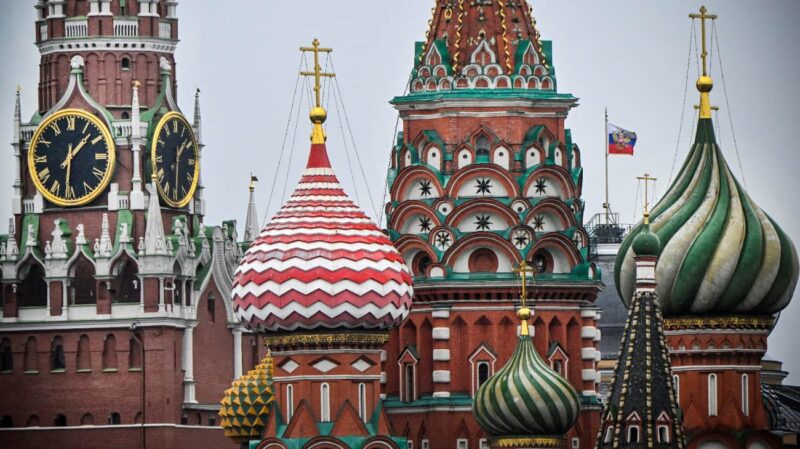Diplomatic Playbook of the Kremlin: Putin’s “Easter Ceasefire” as a Political and Propaganda Strategy

In the historical chronicles of modern Russia, the actions of Vladimir Putin are increasingly resembling chess moves aimed at strengthening his position on the international stage. The latest episode—the announcement of a short-term "Easter Ceasefire"—serves as a vivid example of this diplomatic game, intended to maximize internal support and create additional informational background for the Kremlin’s domestic political goals. Where did the idea of a "ceasefire" originate? According to diplomatic sources, attention to this event grew after the administration of former US President Donald Trump threatened to completely abandon efforts to find a diplomatic compromise regarding the Ukraine war. In response, Putin made an unexpected move overnight from April 18 to April 19, announcing a "Easter ceasefire" that would last only 30 hours—from the evening of April 19 until midnight on April 21. At first glance, this is a brief and unremarkable initiative, but it nonetheless became an opportunity for Moscow to gain several important diplomatic and propaganda advantages. Analysts emphasize that this Kremlin move serves not so much a genuine pursuit of peace as a conscious attempt to demonstrate willingness to undertake stabilization measures, while simultaneously fixing its position in a exhausting conflict. "Putin’s statement is just a short-term tactical action that allows him to position himself as a peace-loving leader," notes Tatiana Stanova, senior researcher at the Carnegie Russia-Eurasia Center. "It provides the Kremlin with the opportunity to play on the illusions of the Ukrainian and global audiences, while not abandoning its long-term goals, which include addressing the 'root causes' of the war." It turns out that the idea of a short-term "ceasefire" is not new; earlier this spring, the Ukrainian government had already agreed to two-week pauses in fighting in an effort to find a diplomatic compromise. However, unlike Kyiv, the Kremlin rejects the idea of a complete suspension of hostilities without considering its interests, citing that Russia has currently gained battlefield advantages and is not ready to make concessions that could weaken its positions. By distancing itself from the idea of a total ceasefire, Moscow emphasizes its supposedly pragmatic stance based on the current balance of forces. Shortly before announcing the ceasefire, US Secretary of State Marco Rubio openly stated on air that Washington was prepared to abandon attempts at diplomatic resolution if the situation does not improve within a few weeks. This underscores that US-Russian negotiations are on the brink of collapse, and sanctions alongside diplomatic pressure remain the main tools for achieving objectives in this conflict. The next morning after the "Easter ceasefire" announcement, Putin officially confirmed it, stating that the ceasefire regime applied to all active combat operations, and promised to adhere to it if Kyiv also met similar conditions. Moreover, the Russian Defense Ministry assured that their forces would respect the regime, knowing that the major operations ongoing at the front would not cease immediately. The official Kyiv response was cautious. President Volodymyr Zelensky emphasized that Ukraine would mirror such actions; however, he indicated that Russian shelling and artillery attacks continue on some sectors of the front. According to independent monitoring organizations, including the DeepState project, the "Easter ceasefire" largely turned out to be a hollow gesture: in most areas, Ukrainian troops did not experience a lull, and hostilities continue in both close-range and medium-range combat. The political community is already analyzing this move by the Kremlin, viewing it more as a political and propaganda play than a genuine sign of intentions to achieve long-term peace. Many believe that Moscow seeks to create the illusion of unwavering efforts, thereby bolstering internal support during a period when the war continues to exhaust both sides and reduces international backing pressure. Whatever the case, this brief "draw" remains another valuable tool in the diplomatic arsenal of the Kremlin— a reminder to the world that Moscow remains a highly maneuverable player, capable of reacting quickly and changing tactics depending on the evolving circumstances of the Ukraine conflict. While the world observes this game, the real role and aims of the Kremlin remain a serious puzzle for analysts and diplomats globally.

